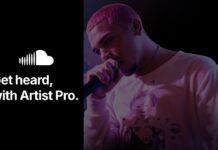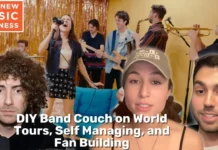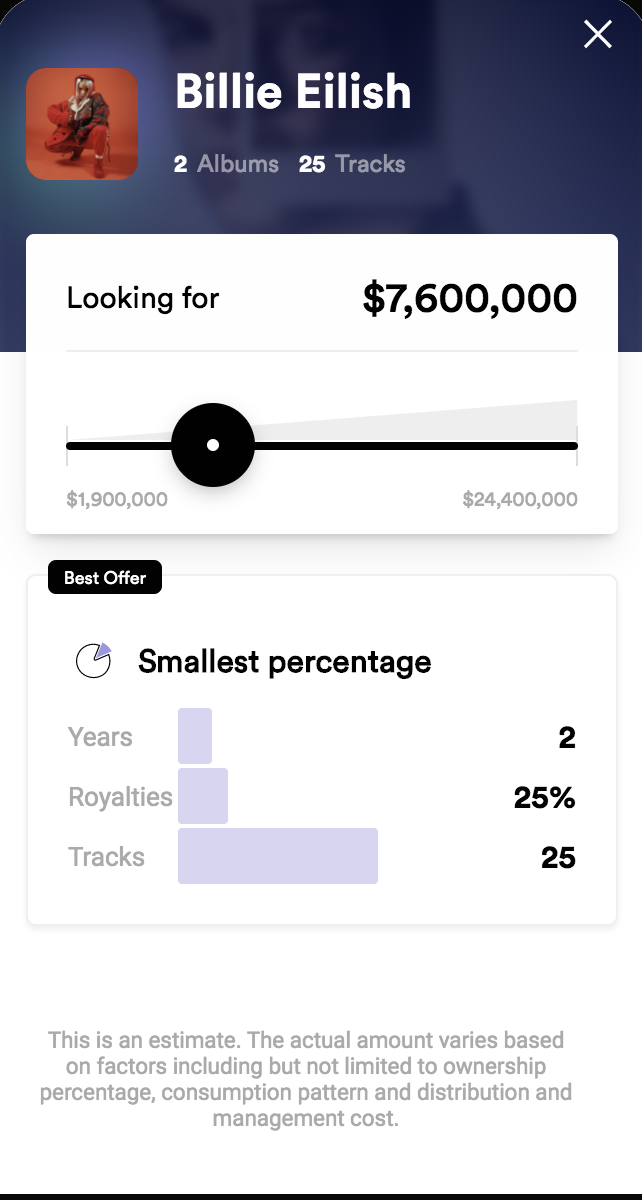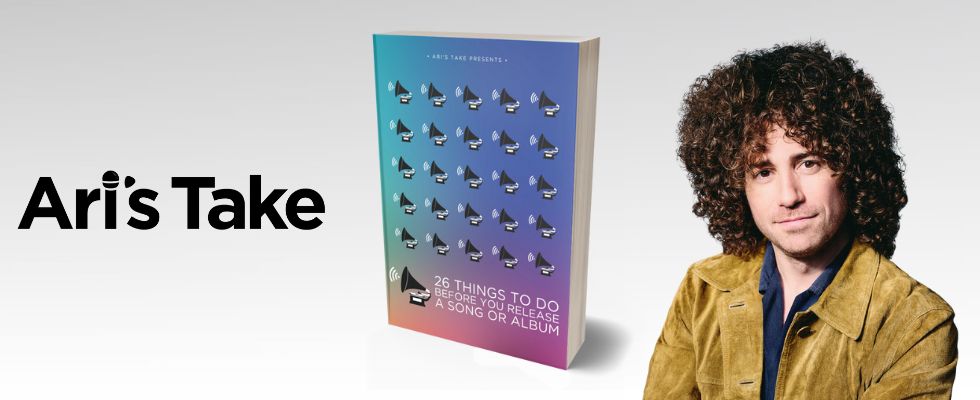One of the biggest reasons that artists sign with major record labels is for the upfront cash.
The advance is very attractive for artists getting a 6- or 7-figure check waved in front of their face – even if it means they have to give up all of their ownership forever. And many, many more restrictions.
Remember, over 99% of artists that sign to major record labels fail. Meaning, of the 100 artists major record labels signed this year, 99 of them won’t recoup the costs of their advance and will get dropped. Of course they don’t get their masters back. And all of the blood, sweat, pain and tears that went into that record, is now (and forever) property of their former label.
And far too often, labels sign artists and then shelve them.
Meaning, the artist delivers the required content (single, EP or album) and the label just decides not to put it out. Then the artist is left in some sort of purgatory unable to do anything without the label’s permission.
And far too often, artists sign with a label because certain people there convince them to sign because they LOVE them. Only for those people to get fired, replaced or move jobs. But, of course, you cannot move with them. You don’t sign with people. You sign with companies. It’s in black and white.
So even if you sign with a person at a label who you love, they may not be there next week.
And your cheerleader is gone. And no one left at the label cares about you. So you get lost in the mix.
Remember, to most labels, artists are just numbers. The executives need to balance the books. They’re looking at spreadsheets hoping for hits. The major record labels are no longer in the business of artist development. They are in the business of creating superstars. They aren’t looking for talent. They are looking for hit makers. Superstars. What is marketable.
“Our job is to make famous.” – Avery Lipman, President, Universal Republic Records
Who are labels signing? Artists who have already built something substantial. Who are already starting to pop. The majors are good at giving proven artists a bump into the next level. Sometimes it works. Most of the time it doesn’t. Or maybe it does for a short period of time, but then the buzz wears off, the advance runs out, and now the artist, two years down the line, is locked into a deal with a label who doesn’t give a shit about them. And they are unable to move forward.
The major label deal is the worst kind of loan in the history of loans.
In no other industry, does someone lend you money, then collect all of their money back first, then only pay you 15% of the money that comes in after that, and retains all of the ownership.
Can you imagine if home ownership loans were structured this way?
“Here’s $500,000. Once you pay us back the money, you don’t own the home. We still own the home. Forever. And all of the appreciation on the home, we will make 85% of that too. Sign here.”
But sure, there is no question that major labels can (and do) create superstars.
But not every superstar is on a major label.
Just look at Marshmello, Lauv, Chance the Rapper. Not to mention the thousands of artists earning 5, 6 or 7 figure incomes.
“‘Far greater’ than 30,000 artists are making a living off of Spotify.” – Daniel Ek, Spotify CEO
But it costs money to develop a music career. And most emerging artists, even if they’ve found a bit of success, don’t have much up front capital.
This is where The Music Fund comes in.
I had heard from a couple artists that they were getting up-front advances from The Music Fund without having to give up ownership. So naturally I had to investigate. I sat down with these artists to hear about their experiences. These artists were very pleased with how the process went.
“It felt too good to be true. There wasn’t fine print that was sketchy.” – frumhere
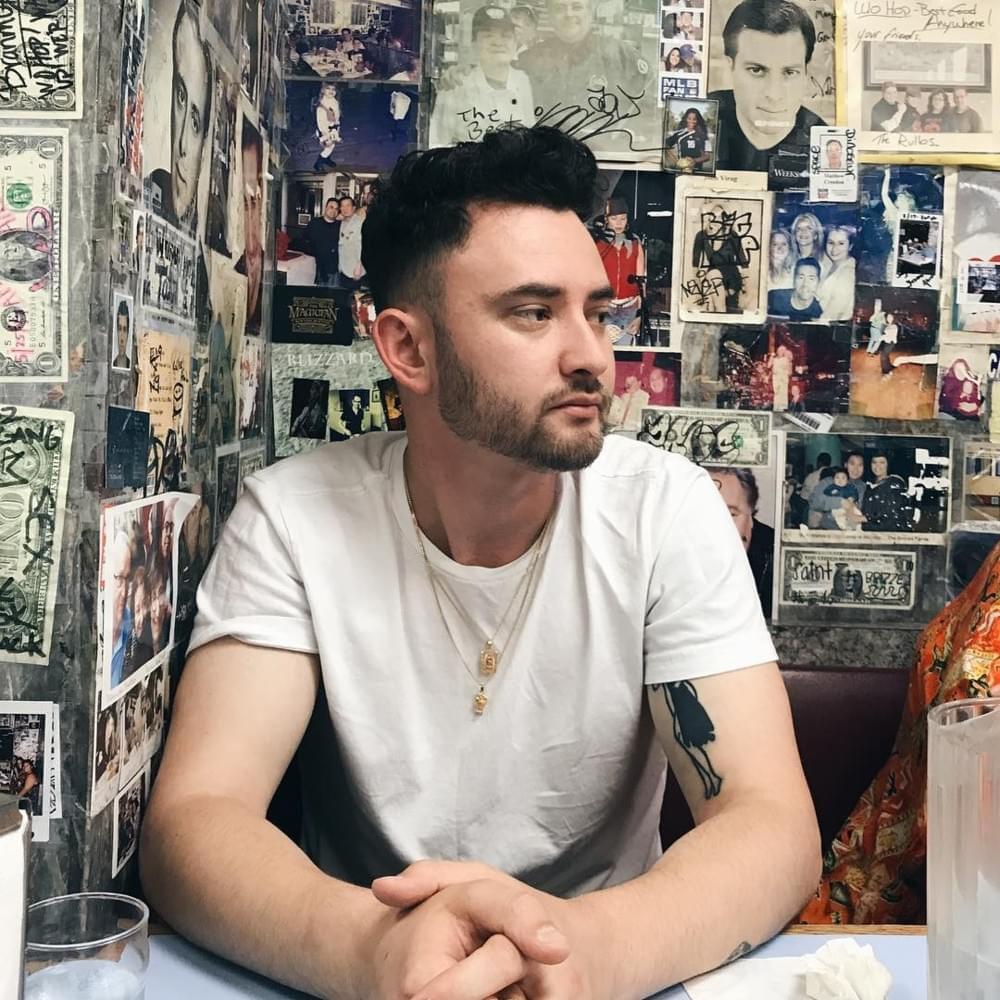 frumhere
frumhere
How it works is you upload the past couple years of streaming data and they make you an offer for an upfront payment. They will get a percentage of your streaming revenue from your back catalog of approved songs for a couple years.
They don’t take any revenue from future releases.
Their deals last 2 years. It’s not a loan. If at the end of 2 years, they don’t make their money back, you part ways and that’s the end of that.
It’s a sliding scale. So you could get, say, $15,000 up front by giving up 5% of your royalties. Or maybe you need more up front, so you ask for $50,000 and agree to give up 80% of your streaming revenue for the next 2 years (only of the songs you agree on).
“Since I joined them I gained over 100,000 listeners on Spotify” – Enkay47

EnKay47
I sat down with the CEO, John Funge to get a better understanding of how it all works and to attempt to sniff out where they’re trying to fuck artists. You can listen to our conversation here.
Turns out, there’s really no way they can fuck artists.
The deal is very straightforward. They cut an artist a check, the artist adds The Music Fund as a collaborator with their distributor (if they don’t use a distributor that offers payment splitting, the artist must switch to one that does) and the distributor just pays the agreed upon percentage directly to TMF for the term of the agreement.
I pressed John on how this business model can possibly work. He revealed that with the TMF team’s background in data science, it’s a numbers game. Unlike the major labels that are hoping for a big hit to cover the other 99% of “failures,” TMF just needs most artists to earn them a little bit. And with their methods, they are quite confident they can predict how much songs will earn over the next two years, based on the previous two years.
If this really works, this could completely revolutionize the music business as we know it.
Just think, why would Billie Eilish renew her deal with Interscope and give up all her ownership, when she could get the same amount (or more) in an advance from The Music Fund, retain 100% of her ownership and then hire out label services companies to work radio, PR and marketing?
Or what if Drake went independent? The artist Russ recently pontificated with industry veteran Steve Stoute that if Drake released his new album independently, he’d make $10 million a week for 60 weeks.
“If Drake goes independent the music business is done.” – Steve Stoute, founder United Masters
In the future, we’re going to start to see fewer artists sign to record deals because of systems like The Music Fund.
Some distributors have already started offering advances based on past royalties. Back in 2017, Tunecore, via Lyric Financial, set up a system similar to this to offer advances for a one-time fee. But they keep 100% of your royalties until your advance is paid back. And you can’t take your music down until the advance is paid back.
Ingrooves, The Orchard, Believe and AWAL occasionally offer advances on future releases to new artists based on the artist’s past performance. These companies typically retain 15-20% of all royalties for the life of the term. But this method is like label guesswork and isn’t based on much data.
PayPal also offers similar style loans based on previous sales data (without checking or affecting your credit). These are loans, however, which must be repaid no matter what.
Royalty Exchange sets up an auction for copyright holders to sell off a portion of their royalties. This works well for established legacy artists, or famous songs. Like one of the songwriters for Jay-Z and Alicia Keys “Empire State of Mind” sold their public performance rights for 10 years for $190,500 to the highest bidder.
Sound Royalties is the closest company out there right now doing something similar to The Music Fund, offering advances from $3,000 to $10 million in exchange for a percentage of royalties. However, they ask for your social security number and divorce history on their application which seems awfully odd for this kind of a deal.
It seems The Music Fund is the best option for any artist that has a good streaming history to get money fast.
And don’t be surprised if distributors start striking deals with The Music Fund to be able to scale this operation even quicker.
You can check out The Music Fund and apply for an advance here.

